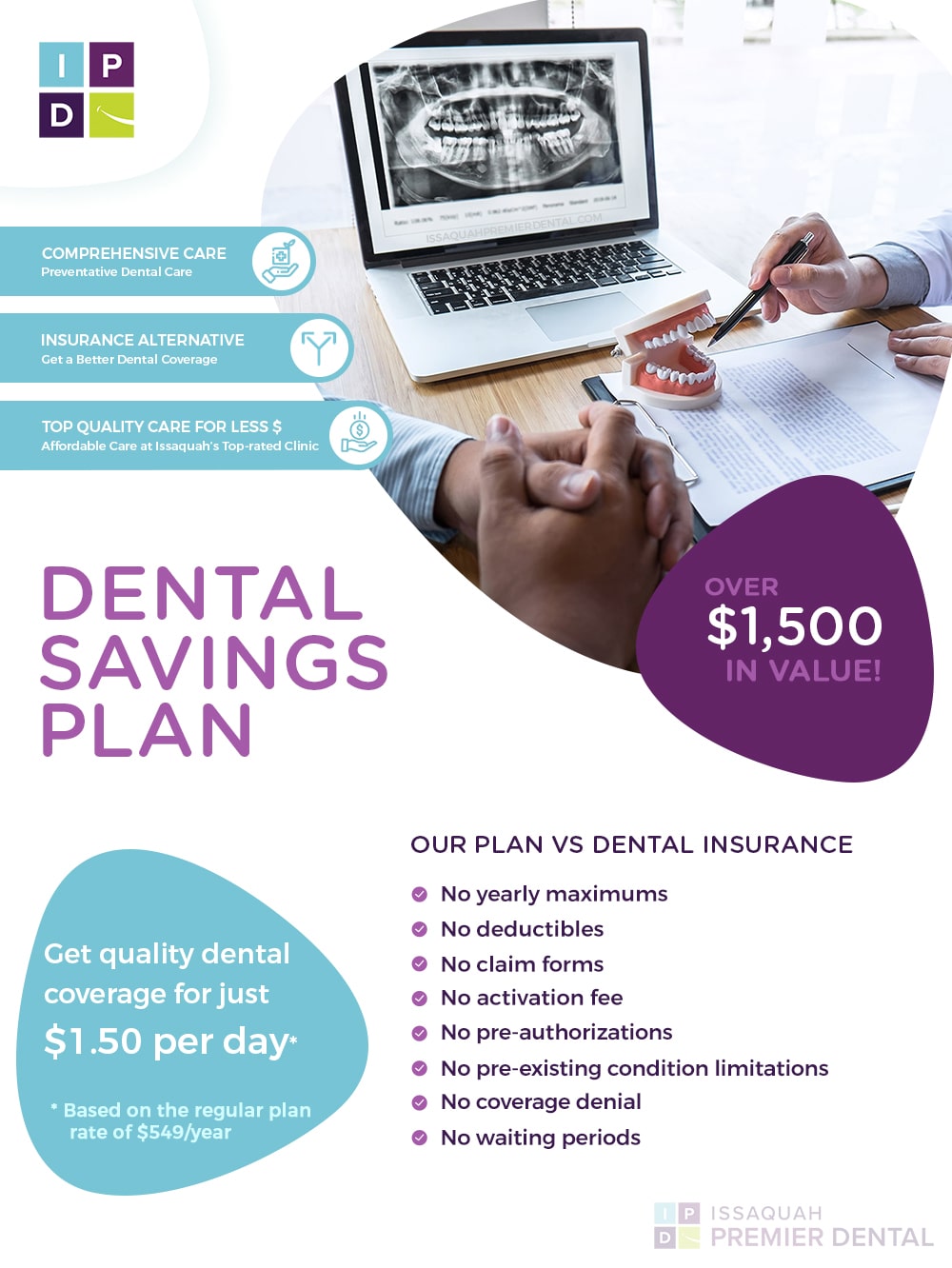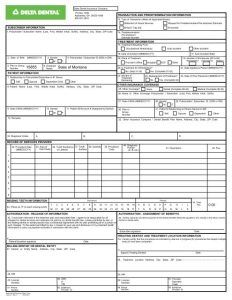Introduction
Choosing the right dental coverage can be a daunting task. With so many options available, it’s important to understand the differences between dental discount plans and dental insurance. In this blog post, we will explore the pros and cons of each, helping you make an informed decision about which one is best for you and your family’s dental needs.
Understanding Dental Discount Plans
Dental discount plans are a popular alternative to traditional dental insurance. These plans work by offering discounted rates on dental services to members who pay a monthly or annual fee. Unlike insurance, dental discount plans do not involve deductibles, copayments, or waiting periods.
The Benefits of Dental Discount Plans
1. Cost Savings: Dental discount plans can provide significant cost savings compared to dental insurance. Members can enjoy discounts ranging from 10% to 60% on various dental procedures, including routine check-ups, cleanings, fillings, and even major treatments like root canals or orthodontics.
2. No Waiting Periods: Unlike dental insurance, dental discount plans do not have waiting periods. This means that members can start using their benefits immediately after enrolling in the plan.
3. No Pre-existing Condition Exclusions: Dental discount plans do not exclude individuals with pre-existing dental conditions. Everyone is eligible for the discounts, regardless of their oral health history.
Limitations of Dental Discount Plans
1. Limited Provider Network: Dental discount plans often have a limited network of participating dentists. It’s essential to check if your preferred dentist is part of the plan’s network before enrolling.
2. No Coverage for Cosmetic Procedures: Dental discount plans typically do not cover cosmetic procedures such as teeth whitening or veneers. If you are primarily interested in cosmetic dentistry, dental insurance might be a better option.
3. No Reimbursement: Unlike dental insurance, dental discount plans do not involve reimbursement. Members pay the discounted fee directly to the dentist at the time of service.
Understanding Dental Insurance
Dental insurance is a traditional form of coverage that helps individuals manage the costs of dental care. It involves paying monthly premiums and often includes deductibles, copayments, and waiting periods.
The Benefits of Dental Insurance
1. Comprehensive Coverage: Dental insurance typically offers coverage for a wide range of dental procedures, including preventive care, restorative treatments, and major.
Summary
When it comes to dental coverage, there are two main options to consider: dental discount plans and dental insurance. Dental discount plans, also known as dental savings plans, offer discounted rates on dental procedures and services. These plans typically require an annual membership fee and provide access to a network of participating dentists who have agreed to offer reduced rates to plan members.

On the other hand, dental insurance operates more like traditional health insurance. It involves paying monthly premiums in exchange for coverage of a portion of your dental expenses. Dental insurance plans often have deductibles, co-pays, and annual maximums, which can limit the amount of coverage you receive.
Both dental discount plans and dental insurance have their advantages and disadvantages. Dental discount plans are generally more affordable and have no waiting periods or pre-existing condition exclusions. However, they may not cover as many procedures as dental insurance and may require you to pay the full discounted amount upfront.
Dental insurance, on the other hand, offers a wider range of coverage options and may be more suitable for individuals who require extensive dental work. However, it can be more expensive and often involves waiting periods before certain procedures are covered.
In conclusion, the choice between dental discount plans and dental insurance ultimately depends on your individual dental needs and financial situation. It’s important to carefully evaluate the coverage options, costs, and limitations of each before making a decision. Consulting with a dent discover here al professional or insurance expert can also provide valuable insights and guidance in choosing the right dental coverage for you and your family.
- Q: What is a dental discount plan?
- A: A dental discount plan is a membership-based program that offers discounted rates on dental services from participating dentists.
- Q: What is dental insurance?
- A: Dental insurance is a type of insurance coverage that helps pay for a portion of dental expenses in exchange for monthly premiums.
- Q: How do dental discount plans work?
- A: Dental discount plans provide members with access to a network of dentists who have agreed to offer discounted rates on their services. Members pay an annual or monthly fee to join the plan and receive discounted rates when they visit a participating dentist.
- Q: How does dental insurance work?
- A: Dental insurance typically involves paying a monthly premium to an insurance company in exchange for coverage on dental services. The insurance company will pay a percentage of the dental expenses, up to a certain limit or annual maximum.
- Q: Which one is more affordable?
- A: Dental discount plans are generally more affordable than dental insurance. They often have lower monthly or annual fees and provide immediate discounts on dental services without waiting periods or deductibles.
- Q: Which one offers better coverage?
- A: Dental insurance typically offers more comprehensive coverage for a wider range of dental procedures. However, dental discount plans can still provide significant savings on common dental treatments.
- Q: Can I use dental insurance and a dental discount plan together?
- A: In some cases, yes. It is important to check with both your dental insurance provider and the dental discount plan to understand their policies on combining coverage.
- Q: Which one should I choose?
- A: The choice between a dental discount plan and dental insurance depends on your individual needs and budget. Consider factors such as cost, coverage, network of dentists, and the dental services you anticipate needing.

Welcome to my website! My name is Patrick Sholl, and I am a dedicated and passionate dental laboratory technician with years of experience in the field. I am thrilled to share my knowledge and expertise with you through this platform.



